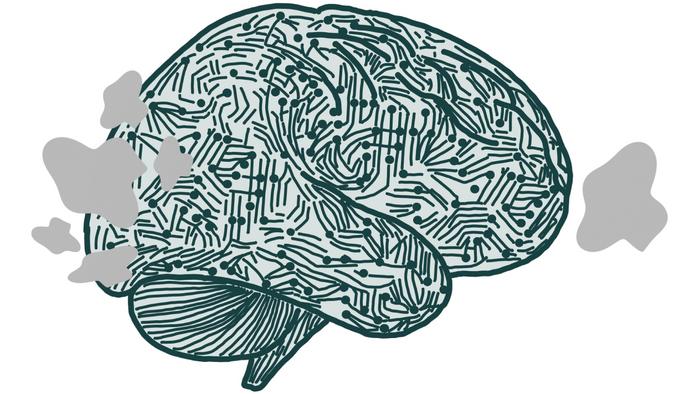This flexibility in interpretation — even at the earliest levels of visual processing — allows the brain to adjust its perception depending on what the rest of the brain is working on
A new study from Columbia University’s School of Engineering has found that the brain’s visual regions are far more dynamic than previously thought, actively adapting to changing tasks and decision-making demands. The findings, published in the journal Nature Communications, could pave the way for developing more adaptive and human-like artificial intelligence (AI) systems.
The study, led by biomedical engineer and neuroscientist Dr. Nuttida Rungratsameetaweemana, presents compelling evidence that the brain’s early sensory systems — once believed to passively record visual input — play a crucial role in how we interpret and act on information in real-time.
“What we’ve seen is that even in the early stages of visual processing, the brain doesn’t just passively receive data from the eyes,” said Dr. Nuttida. “It actually reshapes how it represents that same information based on the task at hand.”
This flexibility in interpretation — even at the earliest levels of visual processing — allows the brain to adjust its perception depending on what the rest of the brain is working on. These findings challenge the long-standing assumption that early visual areas, such as the primary visual cortex, function only as neutral data collectors.
In their experiment, the research team used functional magnetic resonance imaging (fMRI) to study brain activity in participants who were asked to sort shapes into categories. However, the task came with a twist: the rules for categorisation kept changing, forcing participants to adjust how they interpreted the same shapes.
This shifting framework enabled researchers to examine how the brain, and particularly the visual cortex, reorganised its activity depending on the decision-making rules in play. The researchers applied advanced computational tools, including machine learning-based multivariate classifiers, to analyse the brain scans.
The results revealed that even in the primary and secondary visual cortices — areas that process raw sensory input — neural activity patterns shifted in response to the changing task demands. Brain activation became more distinct, particularly when participants were faced with shapes that fell near the boundary between categories — the most difficult to classify.
“We could actually see clearer neural patterns in the fMRI data in cases when people did a better job on the tasks,” said Dr. Nuttida. “That suggests the visual cortex may directly help us solve flexible categorisation problems.” This study adds a new dimension to our understanding of how the brain works — not as a rigid system with clearly divided tasks, but as a flexible, adaptive network that reorganises itself based on immediate goals.
Importantly, the research opens up exciting avenues for artificial intelligence. Most current AI systems process sensory input in a fixed way, lacking the kind of task-specific flexibility observed in the human brain. By modelling AI systems after this adaptive neural strategy, engineers could build machines that perform better in dynamic and unpredictable environments.
The Columbia team is now exploring how the brain’s flexible information processing can be translated into algorithms for machine learning and decision-making systems. “This gives us a new way to think about flexibility in the brain and opens up ideas for how to build more adaptive AI systems,” Dr. Nuttida noted.
The research not only deepens our understanding of human cognition but also lays a foundation for next-generation AI capable of adapting in real-time — much like the human brain.












